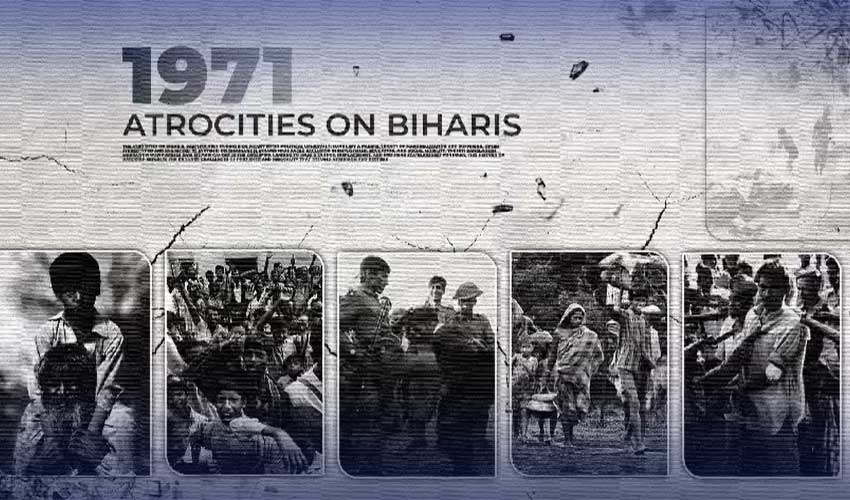Amir Hasan, a member of the Bihari community, provides a firsthand perspective on the events that unfolded during the 1971 regional conflict.
Hasan, who was a young child during the conflict, shares a narrative of personal loss and community struggle. He recounts how his father and brother-in-law were killed while fighting at the Chittagong front.
Describing the military operations, Hasan alleges that Mukti Bahini fighters, allegedly supported by Indian military forces, conducted targeted attacks on civilian populations.
The survivor's account includes details of alleged atrocities, including claims of men being jailed and executed, and women and children being forcibly thrown into wells. Hasan himself was wounded during the conflict but survived, losing his mother in the violent confrontations.
Despite the personal tragedy, Hasan emphasizes the Bihari community's solidarity with Pakistani military forces, claiming they stood shoulder to shoulder in resistance against opposing military units.
The narrative also touches on contemporary political dynamics, with Hasan critiquing current Indian government media strategies and reiterating the community's continued support for Pakistani military institutions.



























